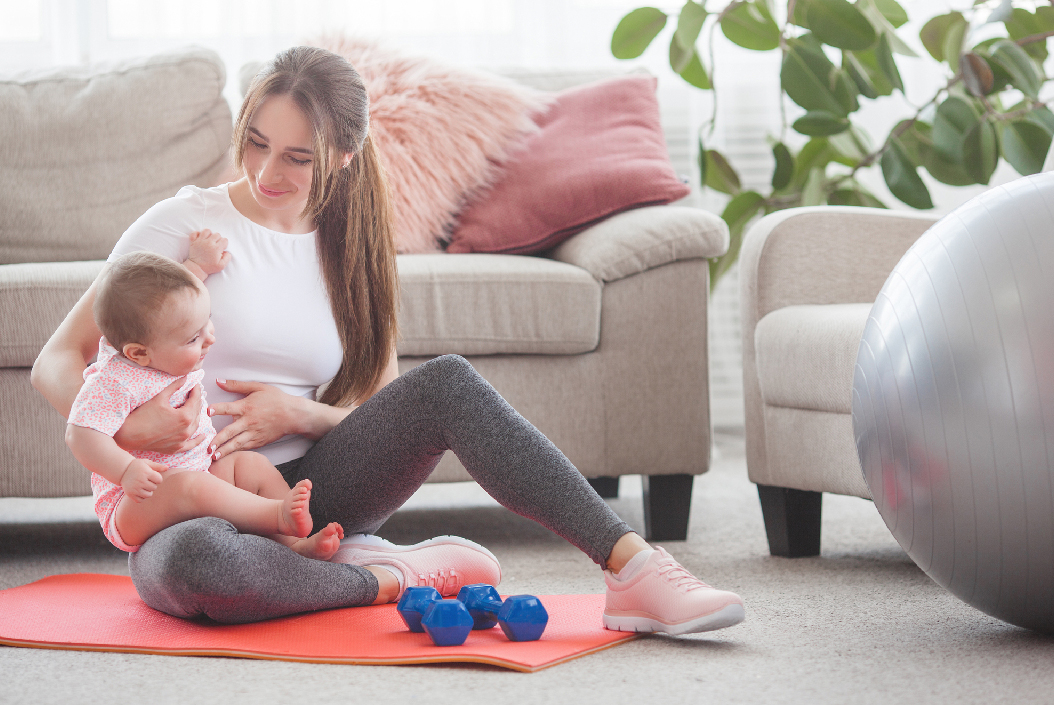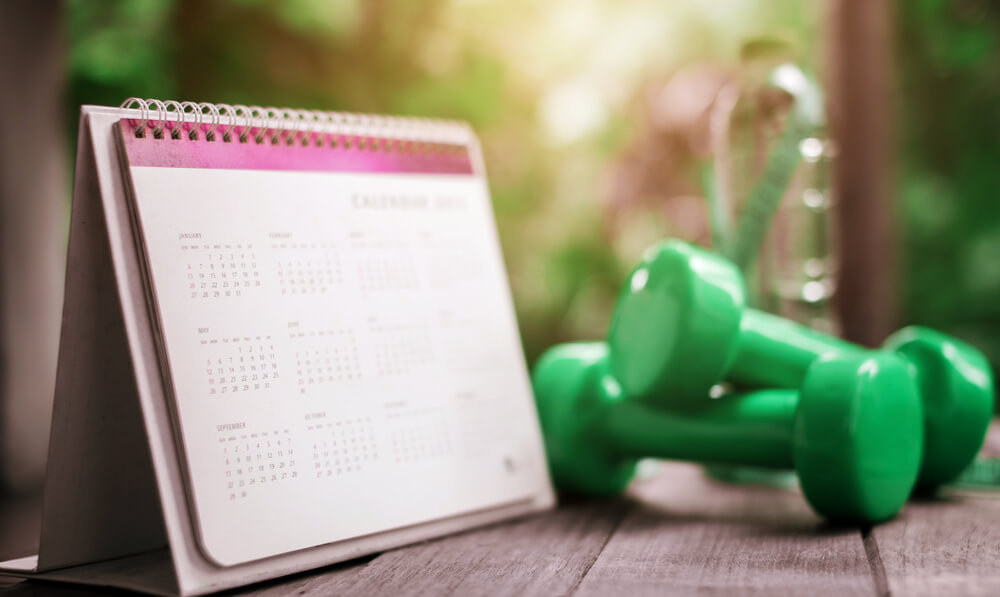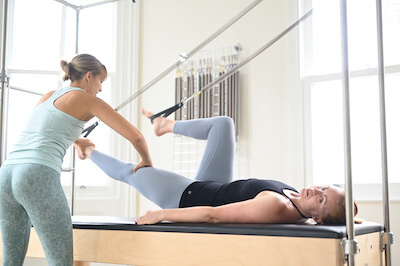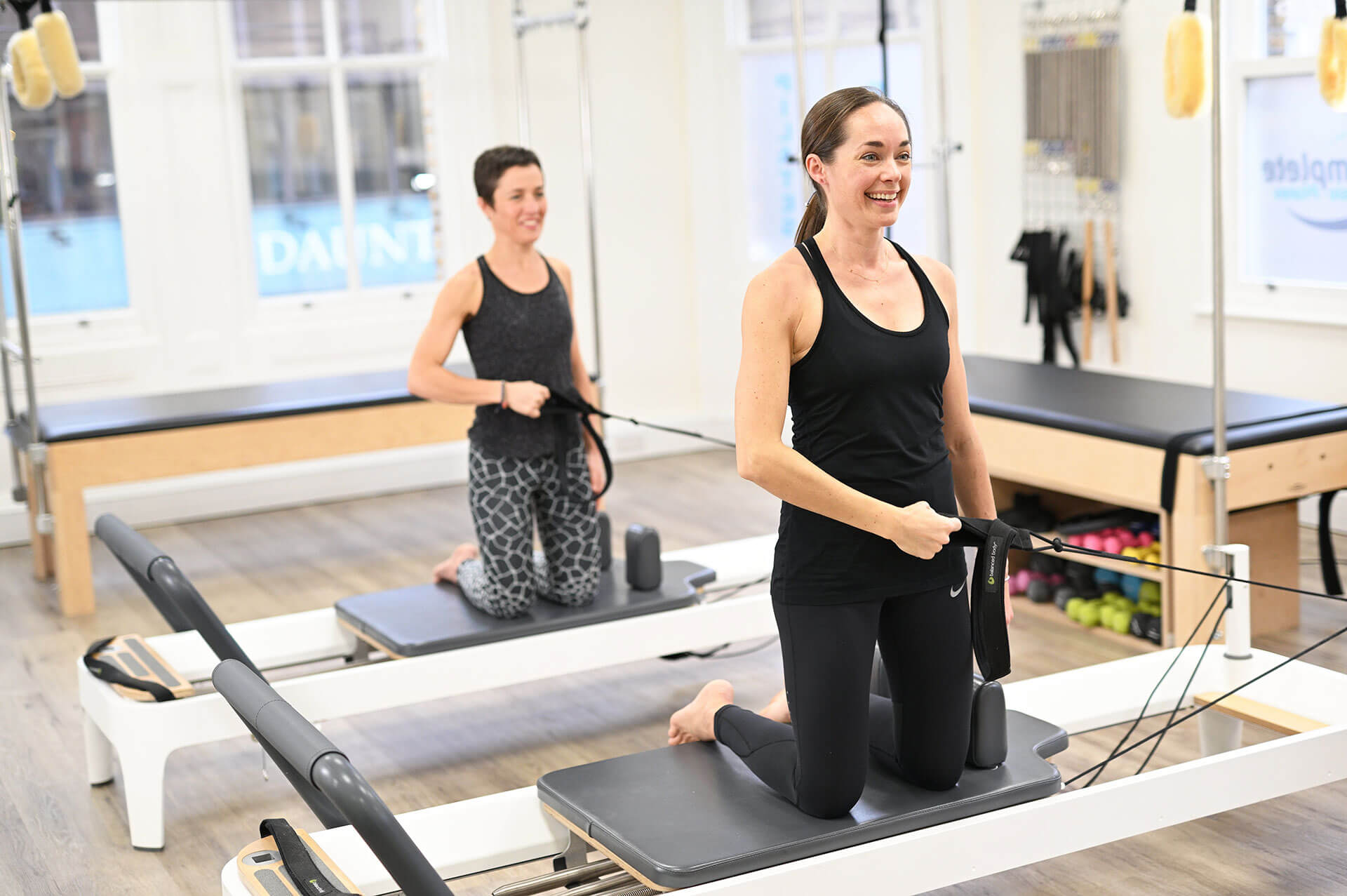It’s mental health awareness week and this year’s subject is concerned with body image and how it can impact the way you feel. Postnatal depression affects more than *1 in every 10 women, and can be determined by the length of time your “baby blues” last.
*https://www.nhs.uk/conditions/post-natal-depression/
After childbirth you can experience a low mood and feel mildly depressed when you are expecting to feel happy. This is often known as the ‘baby blues’. It is thought to be due to sudden hormonal and chemical changes that take place immediately after childbirth. This normally only lasts a few days.
Sometimes these feelings can continue and develop into postnatal depression. This blog focuses on postnatal depression, how you can recognise it, how your expectations can play a part in it, and what you can do.
What causes postnatal depression?
There are many factors that can lead to postnatal depression both physically and emotionally. These are often strongly linked and relate to how you feel about the changes in your body, the new demands you are now placing it under and your overall wellbeing.
After childbirth, our bodies experience a drop in oestrogen and progesterone which naturally affects our mood. (In a similar way to when we have a period which explains “mood swings”).
The time it takes to return to your normal hormonal levels postnatally is different for everyone. It depends on a number of factors including how long you breastfeed and the type of delivery. It is important to remember that everyone is different. Understanding this and learning what your body needs, and when, will help you to feel more settled and ultimately more in control.
Postnatal expectations
Quite often the expectation we put on ourselves to return to our pre baby weight or figure are unrealistic. Through the 9 months of pregnancy it is normal for our body to change in shape, posture, weight, strength and mobility and it takes time through the first postnatal year to recover. These physical changes can have an effect on our overall body image and emotional well-being.
Sleep can also be affected as it takes time to adjust to feeding routines. The *influence of sleep on mood is well documented, this is no different in the postnatal period.
*https://medicalxpress.com/news/2018-07-neural-link-depression-bad.html
Tip – try prioritising having a nap when your baby sleeps, you could also consider expressing to allow your partner to help with feeding.
Social media can also play a part in your postnatal body expectations. It is important to remember you are seeing images which are a snapshot in time. For a lot of fitness influencers it is their job to look similar to the way they were before they had their baby as quickly as possible. They will have a team around them giving them advice and ensuring that they achieve this goal safely.
Tip – If you find yourself comparing your body to others online and it is having a negative impact, why not come off social media for a while or unfollow anyone that doesn’t have a positive impact on you and your wellbeing.
First we need to know how to recognise it is postnatal depression
*Postnatal depression normally occurs around 2-8 weeks after birth. It is sometimes hard to determine whether what you are feeling is postnatal depression.
*https://www.nhs.uk/conditions/post-natal-depression/
The emotional signs can include;
- Feelings of hopelessness
- Not being able to stop crying
- Not being able to enjoy normal social occasions
- Loss of memory and difficulty concentrating
- Excessive anxiety about or loss of interest in your baby
Physical signs can include;
- Feeling generally unwell
- Aches and pains
- Loss of appetite
- Lack of interest in sex
If these feelings are having a negative impact and stopping you from leading a normal life, you should go to see your GP as soon as you can. Talk to someone around you like your partner, friends, family or even your neighbour. Sharing these feelings can help you to see that you are not alone.
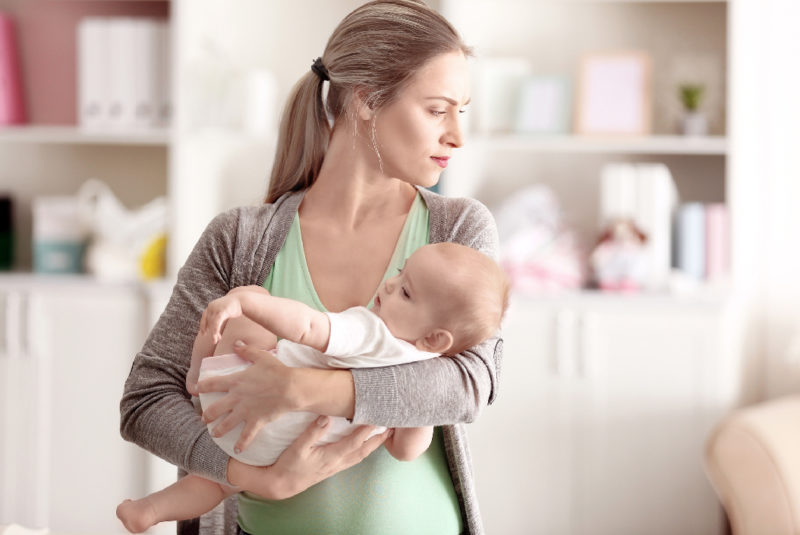
How do I treat Postnatal depression?
As soon as you have concerns about how you are feeling you should consult your GP. Just talking about how you are feeling can help hugely and is the first step towards recovering. Your GP can advise you on the most useful forms of treatment such as counselling or in some cases, antidepressant medication.
There is a lot of support available online to help you understand what you may be feeling and provides ways to help you feel better. You can contact the *Association for Post-Natal Illness or the *National Childbirth Trust. The Mental health charity *Mind have useful resources for people affected by postnatal depression.
Oftentimes useful support is just keeping in touch with other mums. If you don’t have a group already you can find a postnatal group through your local children’s centre.
*https://apni.org *www.nct.org.uk *www.mind.org.uk
Pilates and postnatal depression
As well as these available support services *exercise can be a useful and accessible way to help to improve your mood and assist you in regaining strength and mobility in your body as well as improving your emotional positivity. Pilates is one option for exercise and is a safe and effective way to start exercising after having a baby.
*https://www.nhs.uk/conditions/stress-anxiety-depression/exercise-for-depression
There is also the physical difference Pilates brings, it can have a positive effect on your mood. Performed on a regular basis, Pilates can help you feel calmer and respond to stressful situations in a healthier way. This not only helps boost your confidence, but also gives you time to reflect, re-evaluate and focus on yourself and what your body needs.
Focused breathing and relaxation can help to switch on the body’s parasympathetic nervous system, which is responsible for sleep and relaxation, something all new parents need!
Attending Pilates sessions also gives you time to consider your body and what it can do in a positive way. Seeing yourself get progressively stronger and more capable can help to boost your personal body image.
Men suffer too
Postnatal depression in men often goes undiagnosed, yet around *10% of men report symptoms of depression following the birth of a child.
*https://www.bbc.co.uk/bbcthree/article/68d922ef-b69f-4ee2-b26d-e60e4b03727b
Although there are no physical changes to a man’s body his emotional connection to both mother and baby can cause a chemical change. New fathers experience an increase in the hormones oestrogen, oxytocin, prolactin and glucocorticoids.
Pilates can also offer great relief for new Dads. Helping reduce stress and refocusing your mindset and wellbeing.
Even better, taking the time to practise Pilates as a couple could help bring you even closer together.
Although it is easy to say, if you are worried you are experiencing postnatal depression, experiencing the symptoms we described earlier or just feel you have “baby blues” which aren’t going away but are mild, it is important to understand you are not alone. The first step is to recognise these feelings and then talk to someone. People who are close to you are a huge help in recognising these signs, but it is up to each of us to listen and communicate with each other so that you can get the help needed.
Give your body some time and remember you have achieved something huge. Most importantly, if you are worried about yourself, or someone close to you, seek expert help or get in touch.
These blogs are designed to give information to everyone, however, it is important to remember that everyone is different! If you have not seen one of our therapists and have any questions about injuries, what you have read or whether this may be useful to you, please just ask. We are more than happy to help anyone and point you in the right direction. Our biggest belief is that education is key. The more you understand about your injury, illness and movement, the more you are likely to improve.


